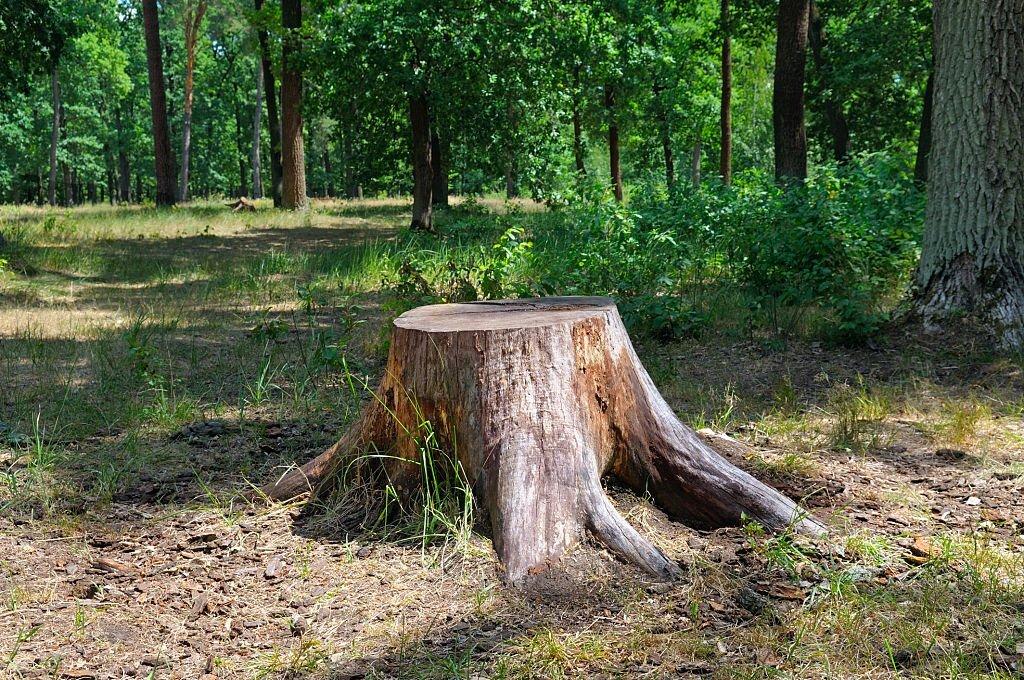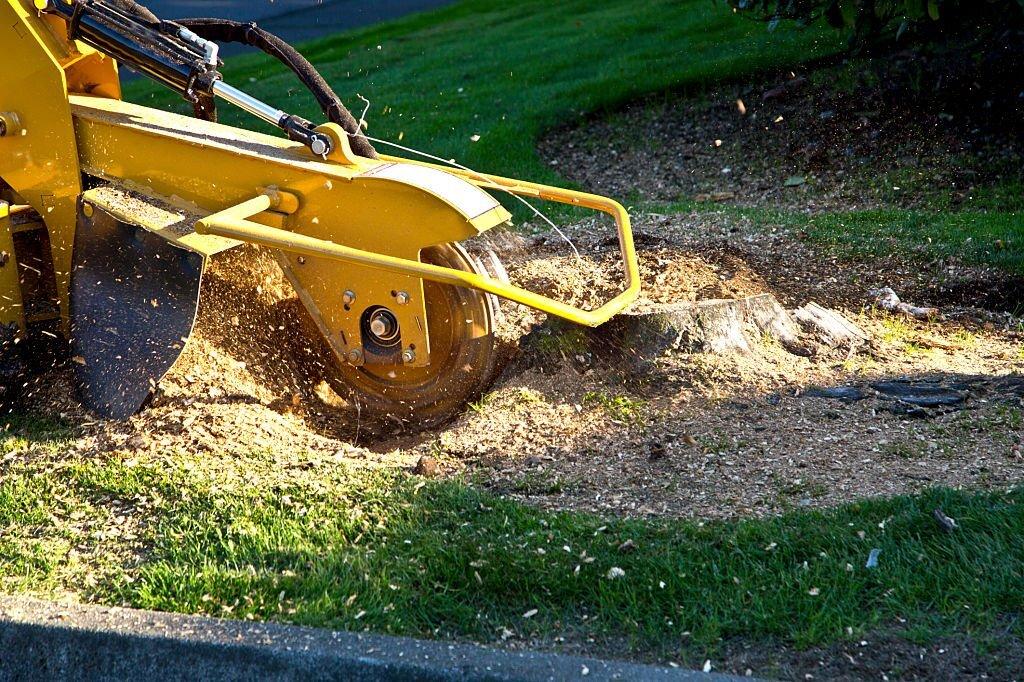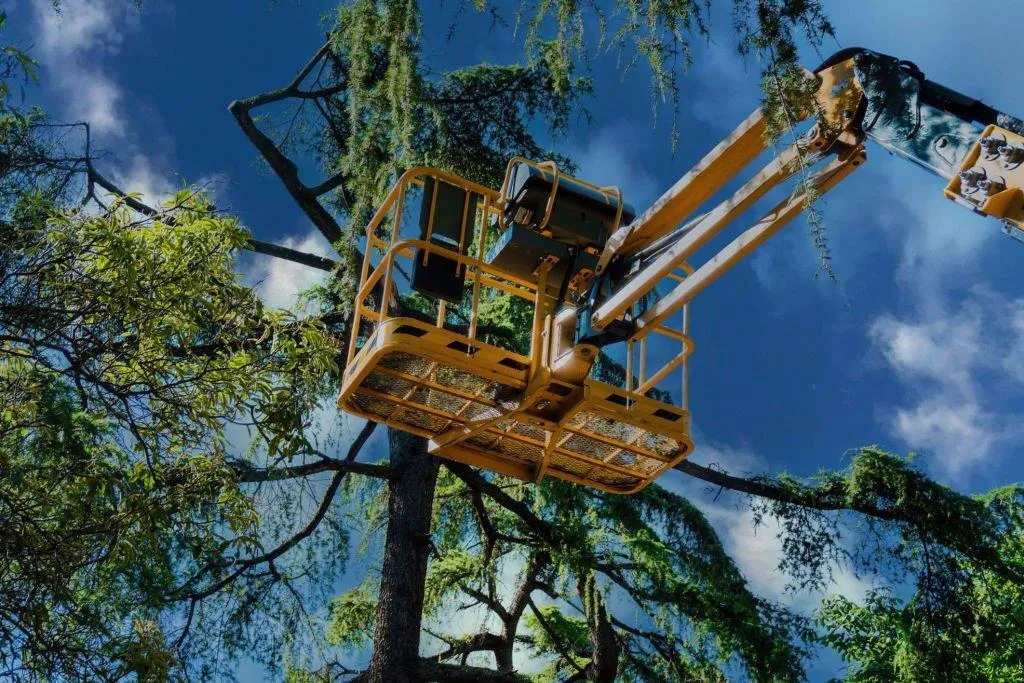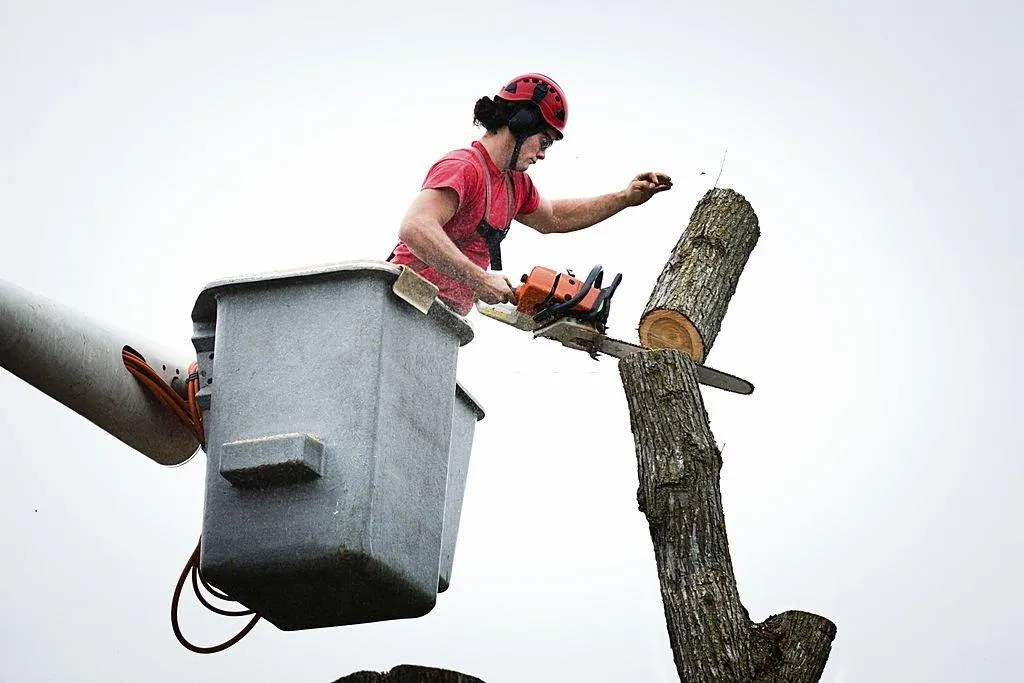Tree Service Cary NC - Expert Tree Services in NC
In search of a trustworthy tree service in Cary NC? Your search ends here with our skilled team! We offer top-notch tree care and removal solutions for both residential and commercial clients
CONTACT US NOW!
I have read and agree to the Terms of Service and Privacy Policy provided by the company.
By submitting, I confirm that I want to receive content from Tree Service using any contact information I provide.
Tree Services Cary NC
Nestled in the heart of Cary NC, our premier tree service stands out as the definitive choice for all your tree care needs. Harnessing years of expertise, we integrate advanced tree care methods with eco-friendly practices to ensure the vitality of your green spaces. From precision pruning to efficient removal, our holistic approach embodies the very essence of modern arboriculture. Entrust us to rejuvenate and safeguard your trees, capturing the dynamic interplay between nature and urban landscapes.
Our experienced professionals use the latest equipment and techniques to get the job done safely and efficiently. We offer a wide range of services, including tree trimming, pruning, stump grinding, and more.
Contact us today for a free estimate!

Whether you are looking for a certified arborist near me, our team is here to help. We recognize the critical role of tree health analysis in ensuring your trees thrive. Committed to offering meticulous care and expert diagnosis, we provide in-depth assessments of your trees' condition, enabling you to make informed decisions about their optimal maintenance and preservation.
Our primary goal is to maintain the health of trees and shrubs while ensuring customer satisfaction. Trust us to get it right from the outset. We pride ourselves on offering top-notch services marked by safety, expertise, and dedication to our clients. As we serve you, we utilize organic fertilizers to guarantee the long-term health and safety of your trees.
Contact us today for free quote and more information about our professional tree service in Cary NC!

Licensed and Certified Arborists Cary
What makes us stand out is the fact that we are a team of the top licensed arborists and tree cutting service experts. Our expert tree doctors have years of experience in the field and are well-equipped to handle any emergency service job you may need. We believe that proper tree care is essential for maintaining healthy trees, which not only benefits your landscape but also improves public safety and helps the environment.
Our lead tree specialist are on hand to guide and advise you on all your tree care requirements. Whether it's pruning, trimming, or deep root fertilization, our wealth of knowledge and expertise ensures that the task is executed perfectly. We are proud to provide quality tree service Cary NC residents can depend on.
Best Tree Care in Cary
We are a tree service company with an extensive portfolio of satisfied customers in the Cary area. Our experienced professionals have been providing quality tree care and removal for many years. We strive to provide our clients with outstanding service always, using only the best equipment and techniques.
Our team prioritizes your satisfaction, whether it's for residential tree care or commercial tree management. We dedicate ourselves to the well-being and aesthetic appeal of your trees. Recognizing the significance of robust trees in both residential and commercial landscapes, we're here to assist in safeguarding them. Rely on us for nourishment, fertilization, and comprehensive tree maintenance.
Our well-informed team is ever-ready to address any queries you might have. We're eager to partner with you in ensuring your trees remain vibrant and thriving. Our services include:
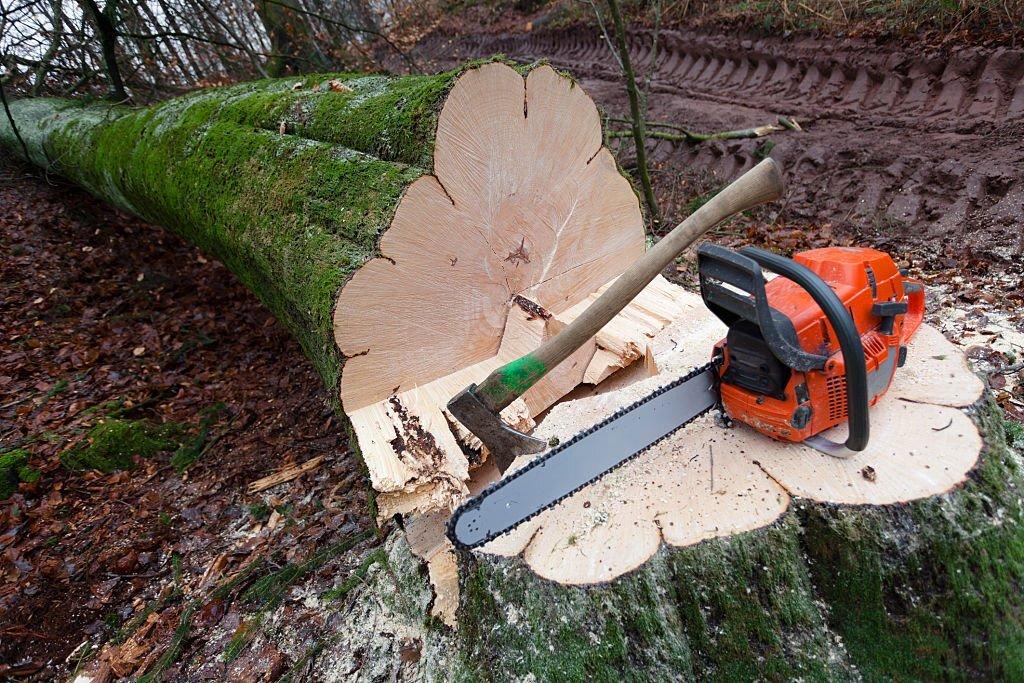

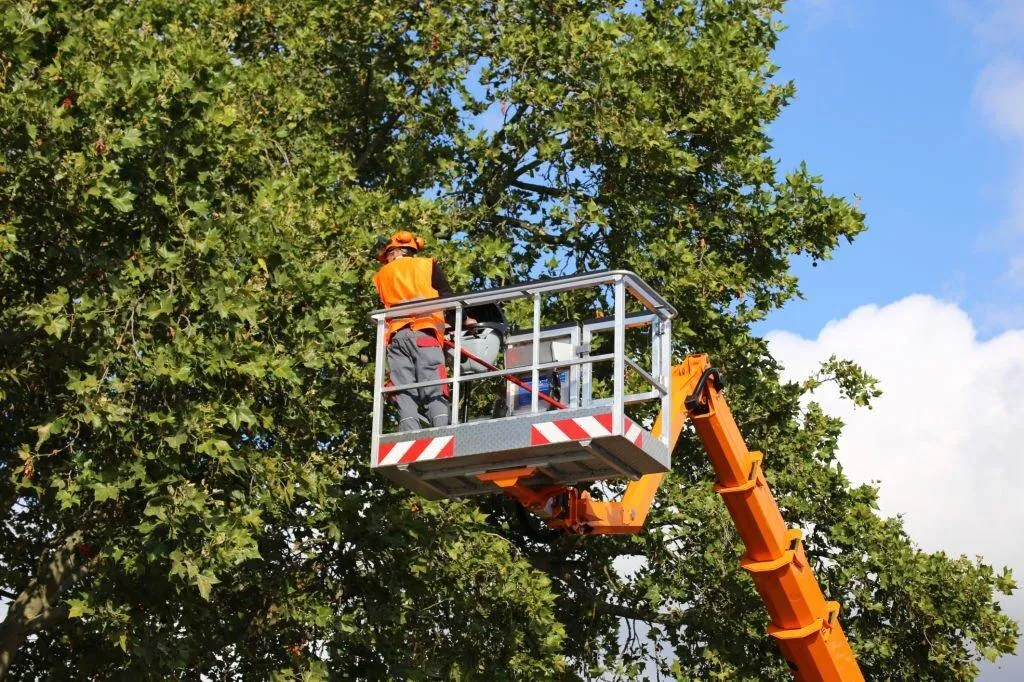

Tree Removal Services
One of the main services that we provide is tree removal. We have been serving both commercial and residential clients with professional solutions. There are many reasons that may necessitate removal of tree, including storm damage, disease, overcrowding, and more. Our tree doctor use the latest equipment and techniques to safely remove trees without damaging your property.
Through our experienced and skilled crews, we can handle any type of emergency tree removal. We understand the importance of removing trees safely and will take all the necessary precautions to ensure that your property is not damaged in the process.
Tree Pruning
A crucial service we provide is tree pruning, encompassing ornamental tree conservation. We cater to a range of trees, including palms and figs. Pruning not only enhances a tree's health and aesthetics by eliminating decayed or afflicted branches but also permits more sunlight to benefit the lower branches. Furthermore, by trimming away weak or compromised branches, we can minimize the potential of damage during storms. Our dedication lies in safeguarding trees and shrubs, and we'll collaborate with you to select the optimal pruning techniques tailored for your tree's well-being.
Stump Grinding
If you have recently had a tree removed, stump grinding is an important step in completing the job. Stump grinding helps eliminate any unsightly stumps that may remain after the tree has been taken down. Our experienced local tree specialist for your palm and fig trees use state-of-the-art equipment to quickly and safely remove stumps, leaving your property looking great.
You no longer have to endure the unsightly tree stumps on your property. With our fast and efficient stump grinding services, you can get rid of them quickly and easily.
Emergency Tree Service
We also provide 24/7 emergency tree services for those unexpected situations. We are a local company serving both residential and commercial clients. Whether you have a storm-damaged tree or a fallen limb, our team is always ready to help. We understand that these situations often require immediate attention and we will work quickly to respond to your call and assess the situation.
Our professional tree services are well-equipped to handle any emergency tree service job, and our experienced crews can provide the necessary services safely and efficiently. Whether it is in the middle of the night or in the middle of a storm, you can count on us to be there when you need us.
Best Tree Service Company Near Me
At our local family business in North Carolina, we're not just providing tree care services; we're embarking on a project to preserve our environment one tree at a time. Whether you need a routine check on your old oak or emergency services after a storm, you can trust our team to be there day in and day out. Don't wait, enter our world of dedicated tree care and avail our free consultation today
Talk to Us Today
Contact us today for affordable tree service cost and more information or to schedule an appointment!
Talk to Us Today
Contact us today for affordable tree service cost and more information or to
schedule an appointment! We are always ready for business.
Copyright © 2025 and beyond. All Rights Reserved. Tree Service Cary NC

